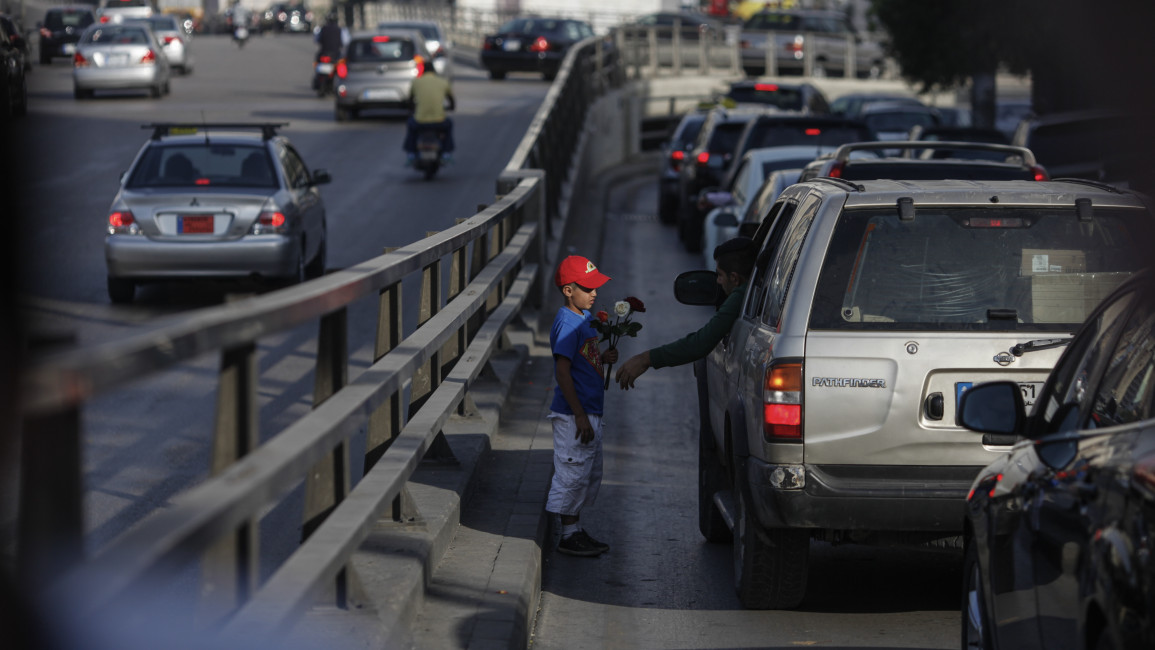Child labour surges on Lebanon's streets amid country's economic crisis, say Save the Children
Child labour on Lebanon’s streets has surged in 2021, according to data from UK-based charity Save The Children published on Tuesday.
There have been 306 reported cases of children working on Lebanon's streets in the first half of this year as economic and social crises engulf the country, compared to 346 cases overall for 2020.
Children as young as five are being pushed into "dangerous and exhausting work," said Save the Children; such as selling tissues on the motorway, collecting plastic bottles and working long hours on farms and in households.
Often, they are subjected to violence - including beatings and verbal abuse - when they are working.
"Children are being relied on like adults to help secure a living for their families. They are being exploited by employers who recruit children as they are cheaper," said the charity's country director in Lebanon, Jennifer Moorehead.
"With the situation in Lebanon getting worse by the day, we can only expect this crisis to deepen, exponentially exposing boys and girls to abuse and violence," Moorehead said.
Give #Children of #Lebanon a chance! #ChildRights #childrenoflebanon #preservinghope #Childrenofhope
— ReneMoawadFoundation (@RMFLebanon) July 12, 2021
أعطوا #أطفال #لبنان فرصة! #أطفال_الأمل #تيبقى_الأمل pic.twitter.com/PIY4dZdSYk
A Syrian father living in a refugee camp in the Bekaa Valley reported that his five-year-old daughter picks up "empty coke cans and scraps on the street" to sell for under one US dollar.
Unlike adults, she is not stopped on the streets said the father. But, he added: "She has been hit by other children who take her scraps away, and was attacked by dogs".
In a bid to prevent children from missing school and working, Save the Children has been providing cash handouts to vulnerable families.
UNICEF is also distributing cash handouts to people in Lebanon, supporting some 70,000 children in a new initiative called Haddi - "next to me" - in Arabic.
The UN organisation reported this month that 15 percent of families stopped their children's education in Lebanon and 77 percent of households do not have enough food or enough money to buy food.
Lebanon's financial crisis most likely ranks in the top 10 most severe crises globally since the mid-19th century, according to the World Bank. The country’s GDP dropped from close to US$55 billion in 2018 to around $33 billion in 2020.



